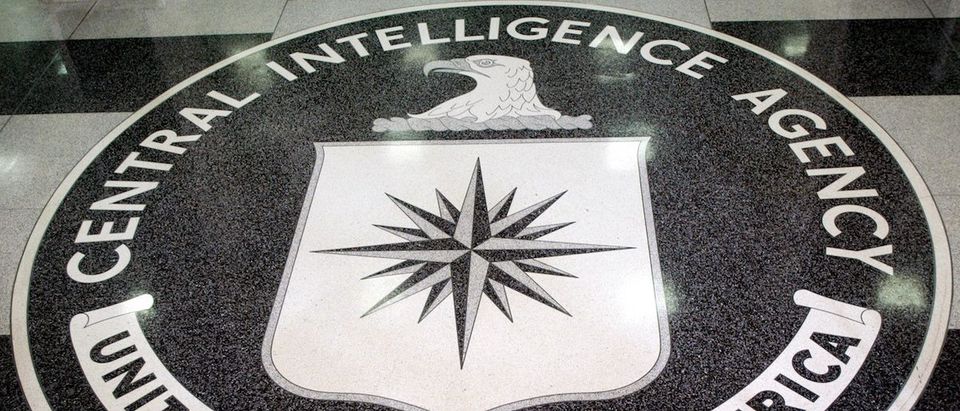He complained of entrenched bureaucracy, the depredations of the political class, the corruptions of the status quo, and the machinations of the establishment. With these words, he connected deeply with the public’s sense of things. Surely he is right. The deep state is thwarting the will of the people. Maybe a strong man – uncorrupted by the system and brave enough to assert his will over the status quo – can make things right.
I speak the language of every would-be tyrant in history, from the real history from Commodus to Robespierre to Franco to Pinochet, to the fictional characters of would-be President Coin in “Hunger Games,” Emperor Palpatine of “Star Wars.” and Bane in “Batman.” Such men always stand ready to sweep in when the system fails, and provide something even worse, while the deluded masses cheer their own enslavement.
Despite their prevalence in history, literature, and pop culture, the naive among us still look at Donald Trump and say: “how wonderful! At last, a man strong enough to cut through the red tape, brave enough to assert his will, daring enough to take charge!” And even as he issues executive orders barring productive professionals from crossing the border, bolstering police powers, threatening businesses to comply with his vision, and talking new taxes and spending, such people are still holding onto to their illusions.
At least he is not the establishment! At least he stands up to the media! At least he is his own man!
To recognize the existence of a threat worse than what you hate takes a deep level of political understanding. It requires sophistication to realize that not every replacement for the bad is better. Bureaucracy is terrible; tyranny is worse. The right replacement for bureaucracy, corruption, and establishment machinations is liberty. It is, however, the least likely replacement.
The habit of believing Donald Trump can be restrained by some system dates back 18 months. Nothing seemed to work. The establishments of parties could not stop him. The mainstream media couldn’t stop him. The last resort, which I heard repeatedly in the days following the election: “the bureaucracy will check his power ambitions, so that the worst of his agenda will fail and the best might succeed.”
That’s not what’s happening. His victories have given him a sense of invulnerability if not infallibility – not qualities you want in a leader. His inaugural address spoke mainly in dark themes, celebrated protectionism by name, called for crack downs and a wall, threatened political enemies. He tweets threats to individuals, derides the free press, denounces businesses for not complying with his industrial policy plans, plays the victim at the slightest hint of dissent. Now his spokesmen think nothing of going on national television with the claim that his power “will not be questioned,” and we are already too numb to notice that there is something extremely strange about this.
Have we learned nothing from our own literature? F. A. Hayek’s Road to Serfdom (1944) is a story of how the failures of bureaucratic planning provide the impetus for the rise of one-man rule and the police state. “The unscrupulous and uninhibited are likely to be more successful in a society tending towards totalitarianism,” he writes.
Ludwig von Mises later spoke of the problem of movements that seek popular revolution against an existing corruption. First, revolution most often creates conditions for a despotism that crushes anything that “could endanger its own supremacy.” Second, a revolution “means a violent disturbance of social cooperation, produces irreconcilable rifts and hatreds among the citizens, and may engender bitterness that even centuries cannot entirely wipe out.”
As much as we might hate the deep state (by which I mean the permanent bureaucracy of the nation-state), and I’ve written plenty against it, and was even one of the writers to popularize that phrase, we would be blind and dumb not to consider the possibility that something worse could come along in the name of overthrowing it. Every fascist dictatorship in history emerged in response to the real failures of socialism and bureaucracy. One leads to the other, as the history of interwar Europe shows.
One example concerns free trade. It’s an actual achievement by the liberal establishment since World War II to protect the peace through ever lower trade barriers. There are still way too many but the trajectory has been generally correct.
Donald Trump has made it a priority to overthrow the whole global-trade paradigm on grounds that “the nation-state remains the true foundation for happiness and harmony.” That’s dangerous in the extreme. His plan could destroy prosperity and peace for the entire world. That the “establishment” is overthrown is no solace.
We wish they wouldn’t exist but gridlock can be a check on power, bureaucracy can block arbitrary rule, and complex interlocking interest groups can deter civil war. One-man rule is not a wise replacement. Political maturity requires that we be more careful what we wish for.


